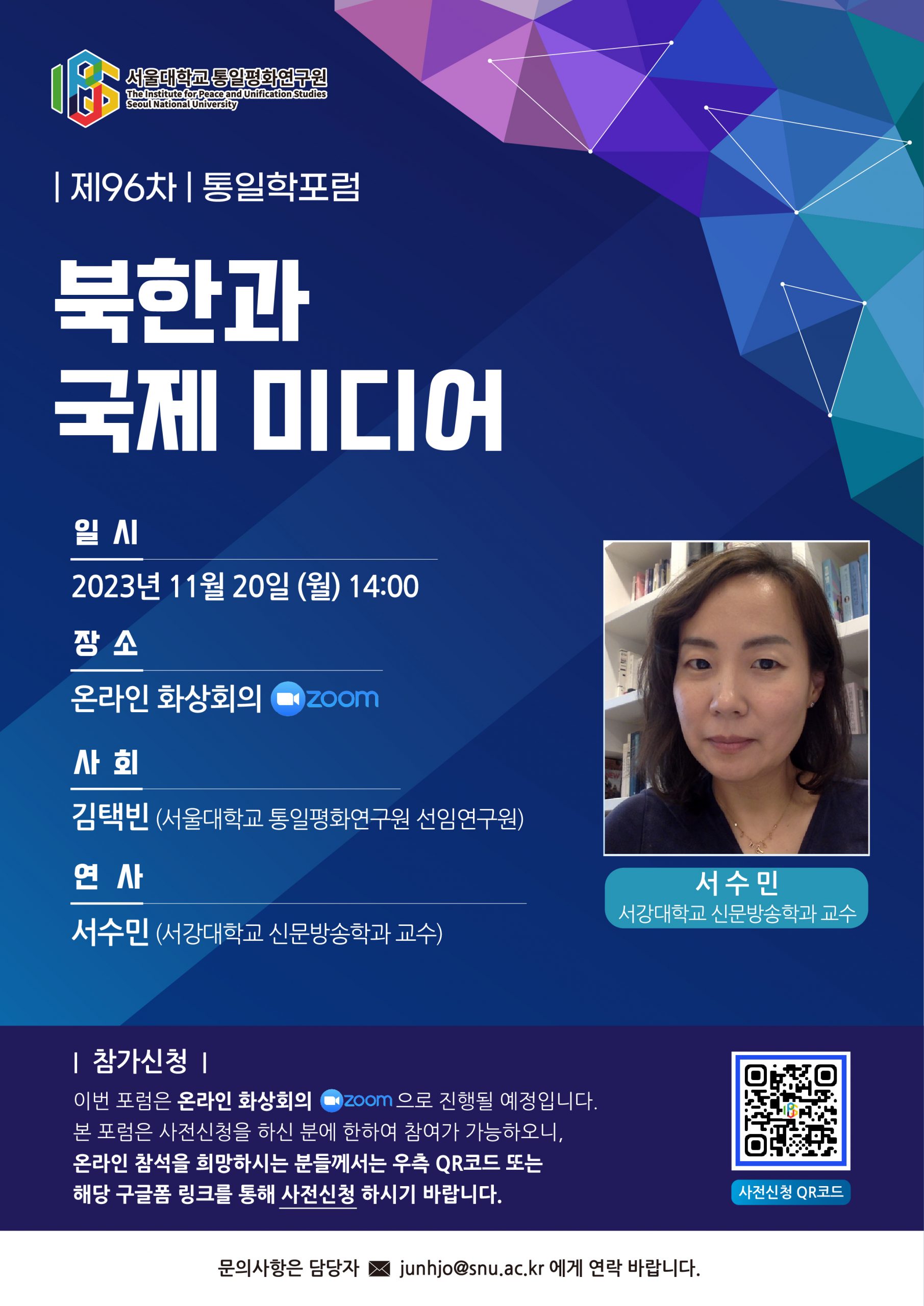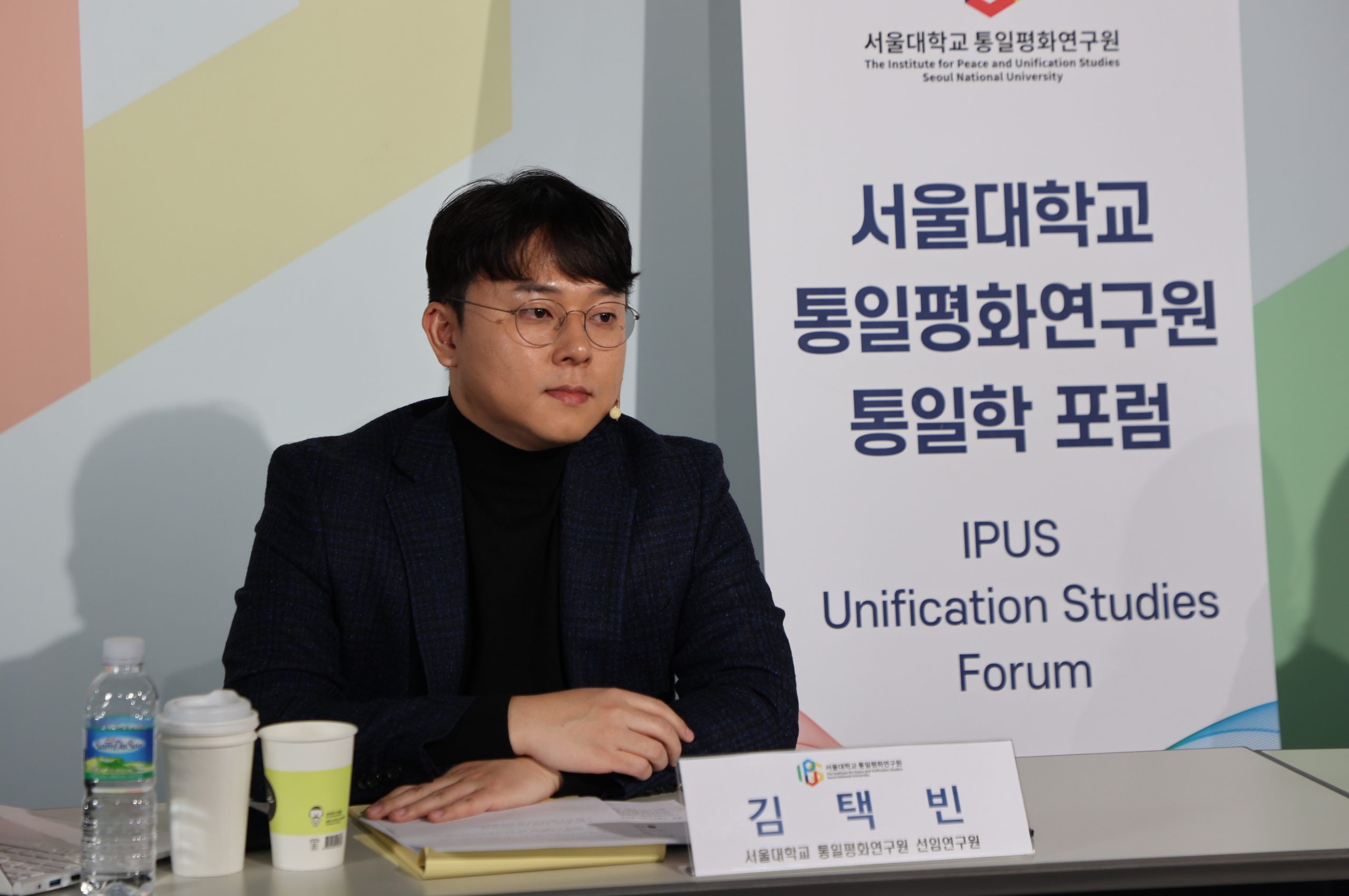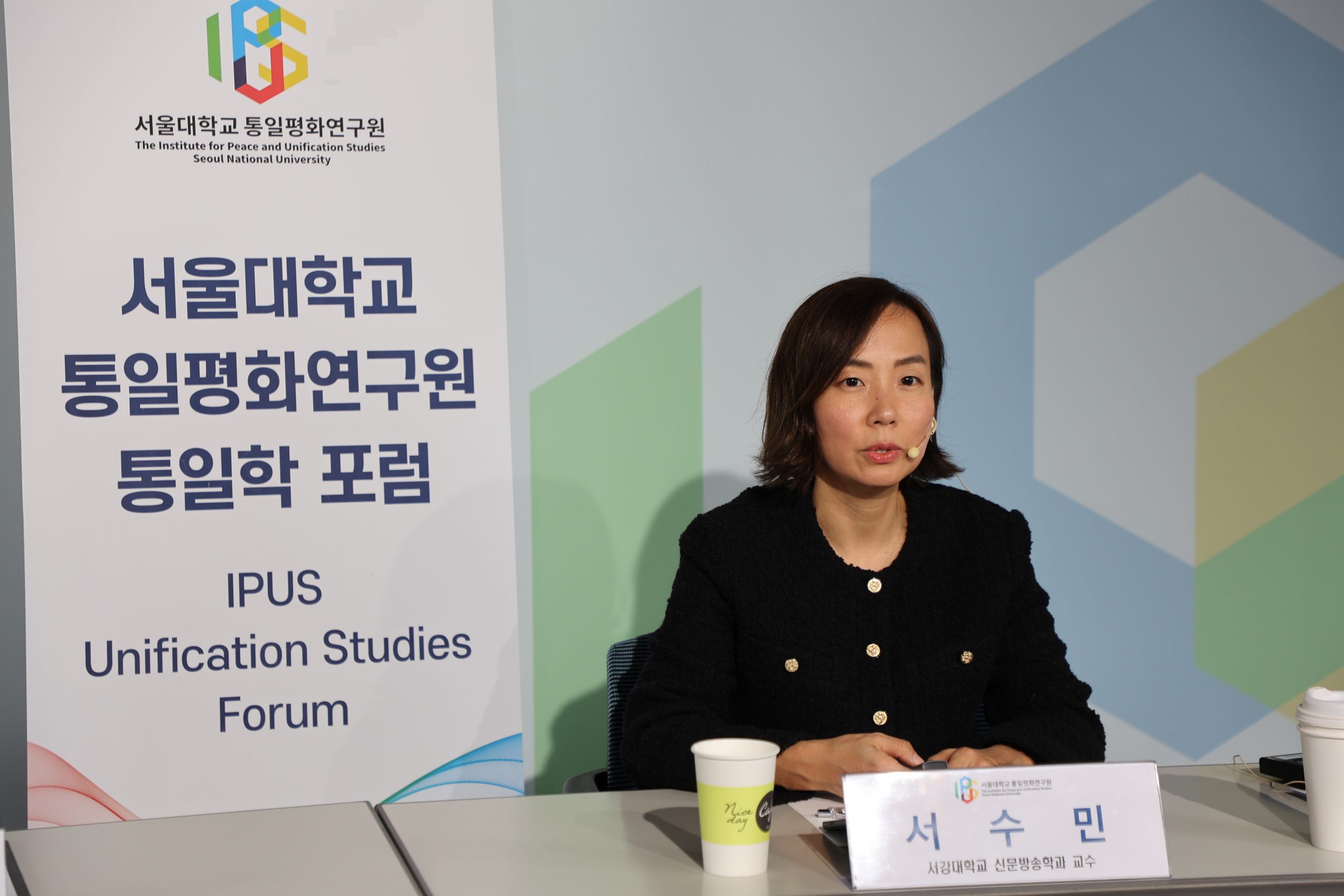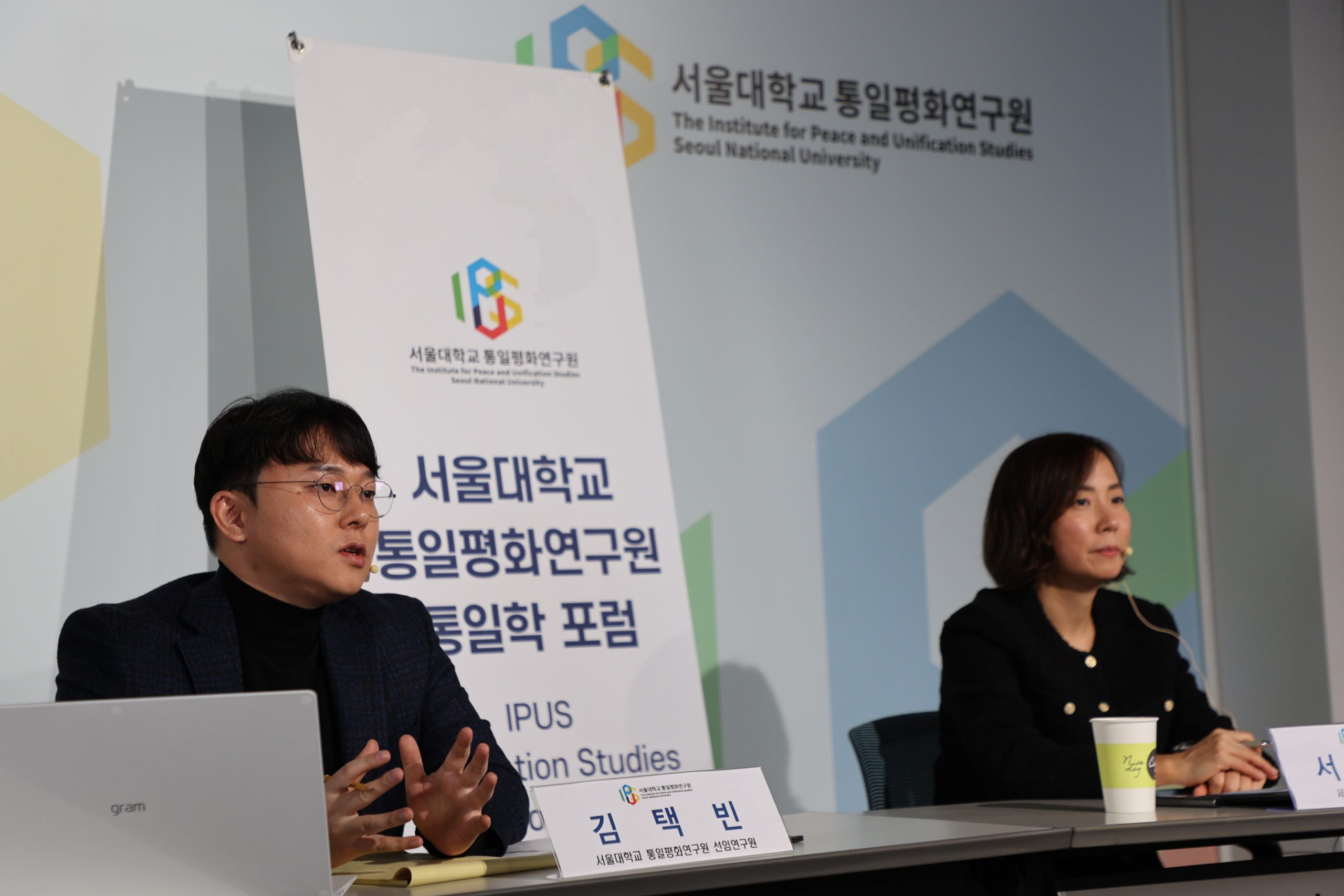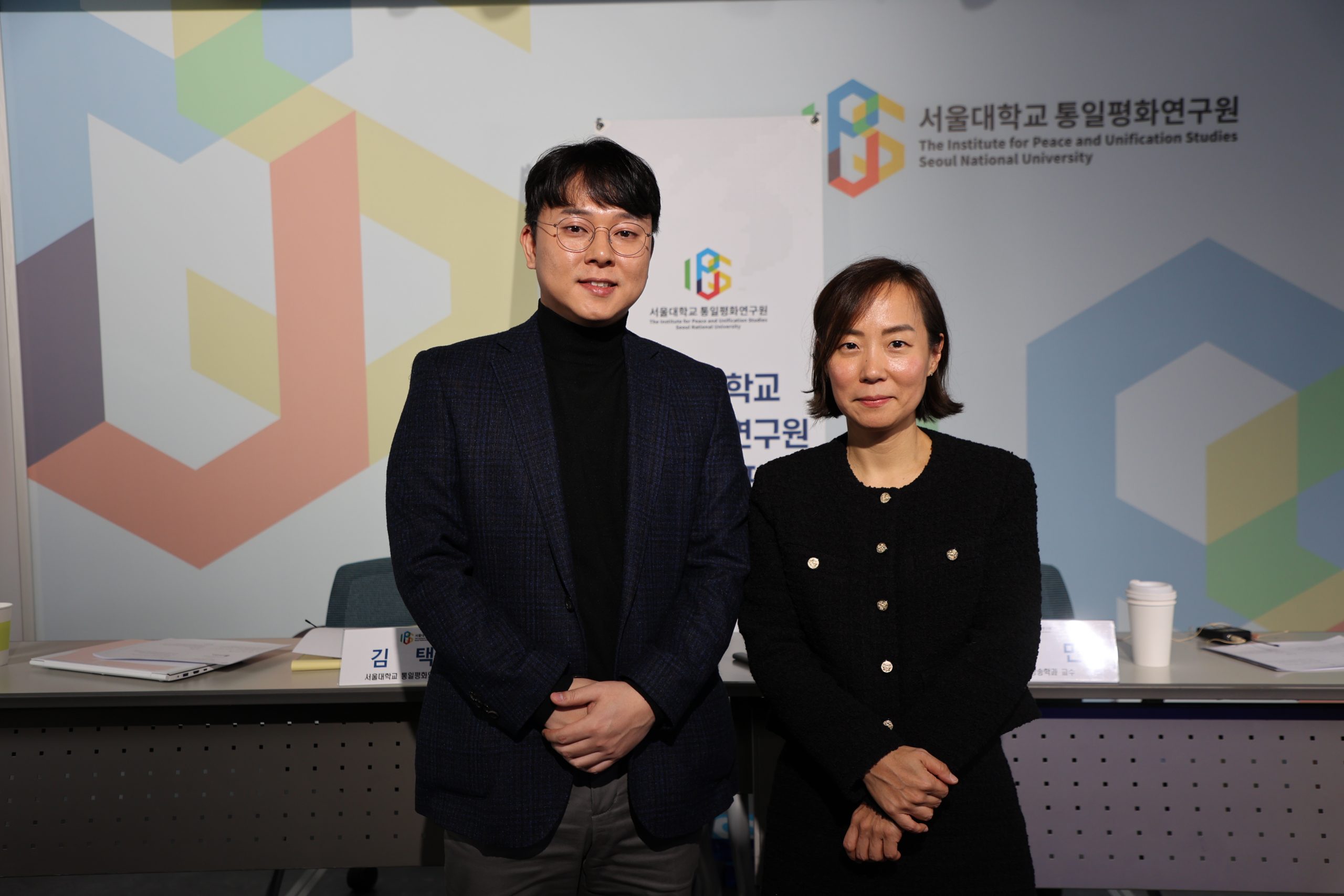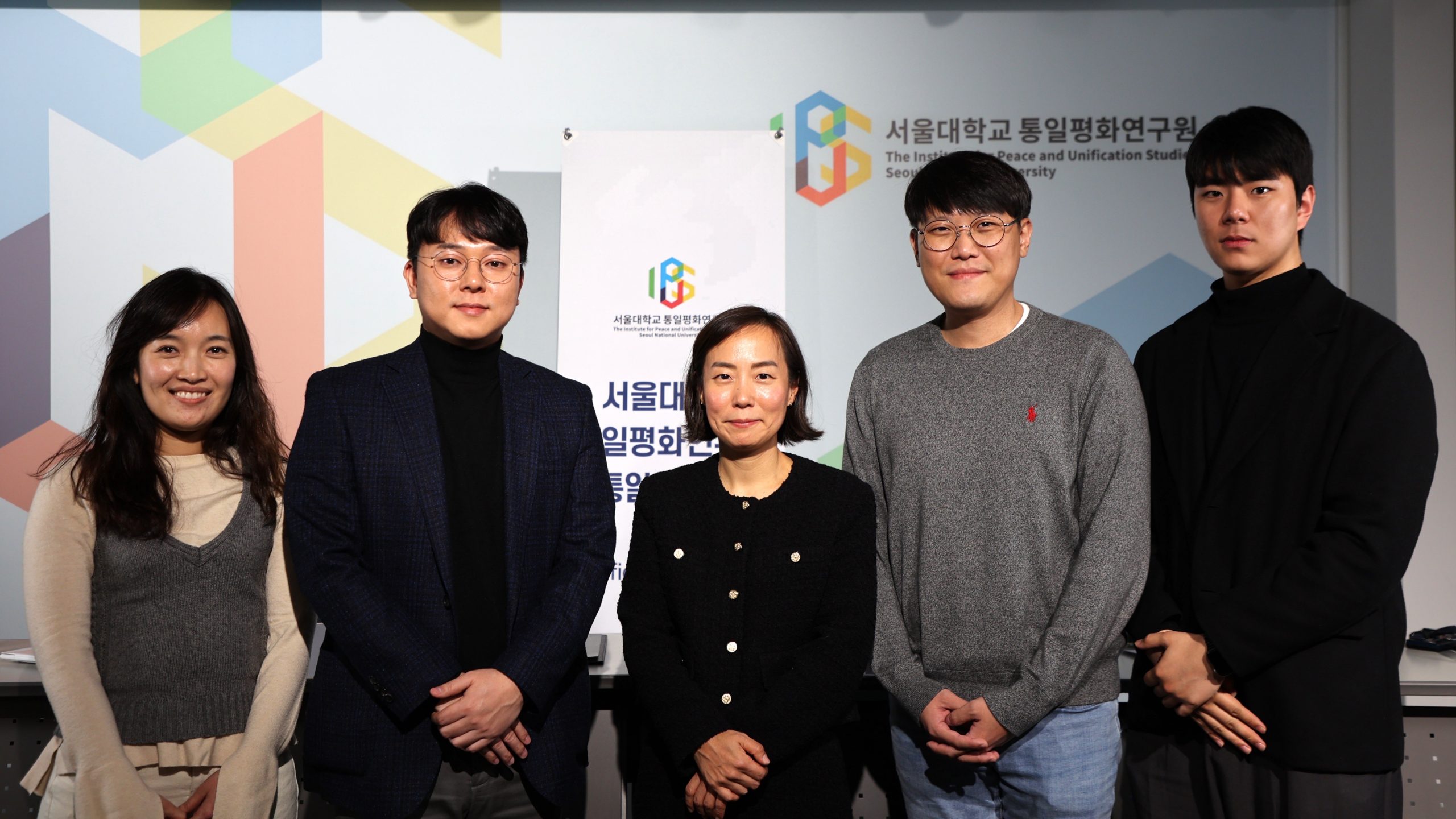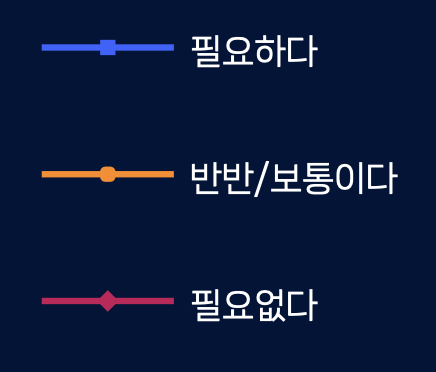[96th Unification Studies Forum] North Korea and Global Media
- Date&Time: November 20, 2023 (Mon) 14:00-15:30(KST)
- Venue: Online Video Conference(ZOOM)
- Moderator: Kim, Taek-Bin (Senior Fellow, the Institute for Peace and Unification Studies at SNU)
- Speaker: Seo, Soomin (Professor, School of Communication at Sogang University)
- Topic: North Korea and Global Media
The Institute for Peace and Unification Studies at Seoul National University(IPUS at SNU) held the 96th Unification Forum on Monday, November 20, 2023, under the theme of ‘North Korea and Global Media’ with Professor Seo Soomin, Department of Journalism at Sogang University’s School of Communication. The “Unification Studies Forum” is an expanded and revamped version of the “Unification Policy Forum,” which was held 75 times from 2006 to 2020, and is currently in its 96th session. The Forum was moderated by Dr. Kim Taek-bin, a Senior Fellow at IPUS at SNU, who opened the forum with the opening remarks.
In this forum, Professor Seo sought to convey the issues of news values, norms, and ethics in North Korean reporting that were revealed through case analysis. “The foreign media ecosystem in North Korea, which was dominated by the former Eastern Bloc media until the 1990s, was diversified in the 2000s with the construction of Pyongyang bureaus of APTN (2005), Kyodo (2006), AP (2012), and Reuters (2018),” said Professor Seo. “Foreign journalists in Pyongyang have a better understanding of North Korean society because they report from the field, but there is always the problem of self-censorship, and they may not be the first to report news related to North Korea because they have a bureau in Pyongyang.” “For this reason, the South Korean media has become the primary gatekeeper, and the deterioration of the Chinese coverage environment, such as the New York Times (NYT) Asia Digital News Hub and the Washington Post (WP) Asia Hub, has led to a large number of foreign journalists based in Beijing and Hong Kong moving to Seoul, enriching the North Korean news ecosystem in Seoul,” Seo said. However, Professor Seo also pointed out that there is a clear need to listen to the criticisms that foreign reporters have raised about the South Korean media’s reporting practices, such as the “routinization of anonymity.“
While acknowledging the value of North Korean defectors as sources, Seo also pointed out that “there are problems of commercialism and journalistic ethics, such as providing sensational stories that foreign media want in order to make money.” To overcome these limitations, Seo said, “we are actively utilizing publicly available information such as photos, videos, statistics, statements, and press releases, utilizing new technologies such as big data and automation, and discovering new human sources through non-traditional sources such as businessmen and travelers.” “They also make direct phone calls to diplomats and businessmen in Pyongyang, or conduct interviews through messengers such as WeChat,” Seo explained, “This means that the genre of international news is evolving, not just the way North Korea is covered.”
Professor Seo then explained how North Korea coverage is changing through two examples of analyzing foreign media coverage. In the first case, she analyzed the misreporting of the execution of key North Korean figures during the Kim Jong-un era, which was characterized by the anonymity of sources such as ‘Chinese sources’ and the involvement of North Korean defectors working as journalists. “Misinformation from major Japanese official media outlets and misleading and fake news on Chinese social media also played a major role, while international reporting practices that readily cite foreign sources had the effect of further spreading misinformation,” Seo said. “This is the result of a complex interplay of factors, including the continuation of the Cold War, ‘North Korean exceptionalism’, the practice of sensationalizing stories to get more clicks, and the lack of competence of journalists,” said Seo.
In the second case, Professor Seo analyzed British media coverage of North Korea from 2000 to 2020 to answer three research questions: 1) what are the main themes of British coverage of North Korea and how do they change; 2) how is the image of North Korea as a threat and enemy constructed; and 3) what are the differences between elite and tabloid media coverage. The results showed that “demonizing and exaggerating words such as ‘irrational, crazy, and wield’ appeared, negative coverage peaked in 2013-14, and elite newspapers were less negative, while tabloid newspapers wrote sensational and racist articles,” Seo said. However, “over time, there has been a quality shift, with the media moving away from politics and security to covering deeper and more multifaceted topics such as sports, economics, and culture, and reflecting on frequent misreporting.”

